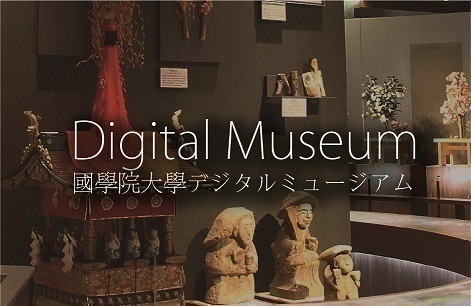- トップ
- Encyclopedia of Shinto
- Ajiro Hironori
Encyclopedia of Shinto
| Main Menu: | |
| Links: |
詳細表示 (Complete Article)
| カテゴリー1: | 8. Schools, Groups, and Personalities |
|---|---|
| カテゴリー2: | Personalities |
| Title | Ajiro Hironori |
| Text | (1784-1856) Scholar of National Learning (kokugaku) and priest at the Grand Shrines of Ise (Ise Jingū) in the late Edo period. His common name was Shikibu, and epistolary name Yutai. Born in 1784 in Yamada in the province of Ise (present-day Mie Prefecture), Ajiro's father was Ajiro Hirotoshi, Suppliant Priest (negi) at Ise's Outer Shrine (Gekū). Ajiro Hironori inherited the family estate at the age of seventeen and became a student of various scholars, including Arakida Hisaoyu (1746-1804; a priest at Ise's Inner Shrine or Naikū), Motoori Haruniwa (1763-1828), Motoori Ōhira (1756-1833), Kameda Suemoto (1761-1823), and Shibayama Mochitoyo (1742-1815); under their guidance he studied and catalogued texts regarding National Learning, waka poetry, law and ancient history. He was also concerned with issues pertaining to social welfare; he submitted a petition to the Tokugawa government urging the rectification of morals, and recruited volunteers to organize relief efforts during the famine attending the Great Tenpō Crisis of the 1830s. Hironori associated with kokugaku scholars, Confucianists and other intellectuals in various regions, and was especially close to the Confucian scholar and later rebel Ōshio Heihachirō (1793-1837), and was himself subjected to questioning in Osaka during Ōshio's rebellion. Hironori became ill in 1856 and died that year in Yamada at the age of seventy-three. He is known as the author of Nihongi jinmei bunrui, Shoku-Nihongi jinmei bunrui, Yutai zassan, and Ōshio Heihachirō ikkenki, among other works. -Mori Mizue |




